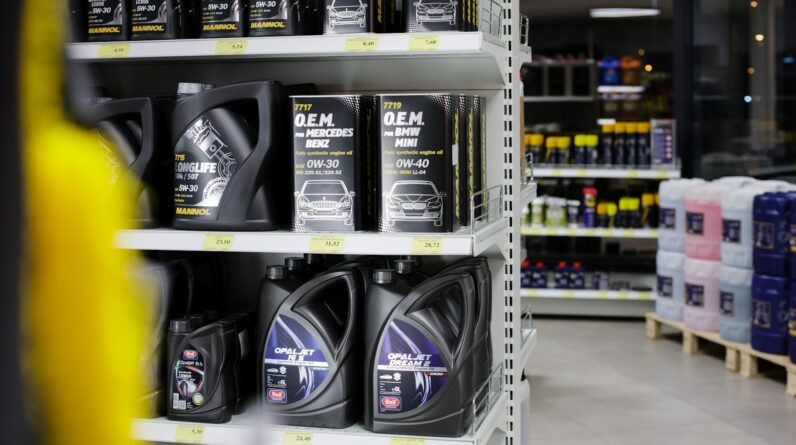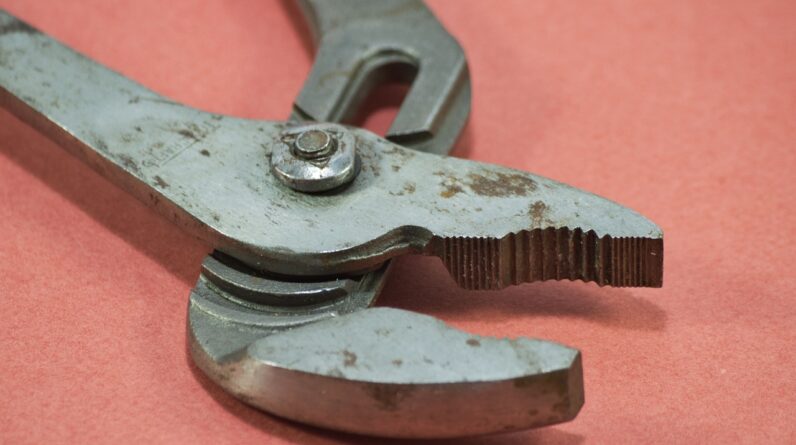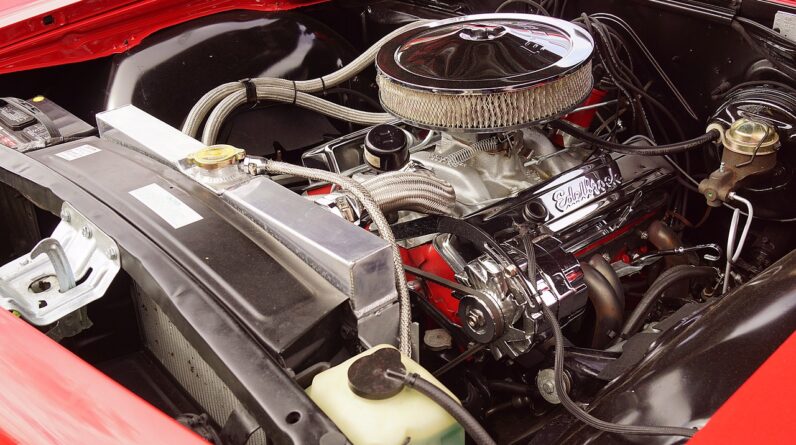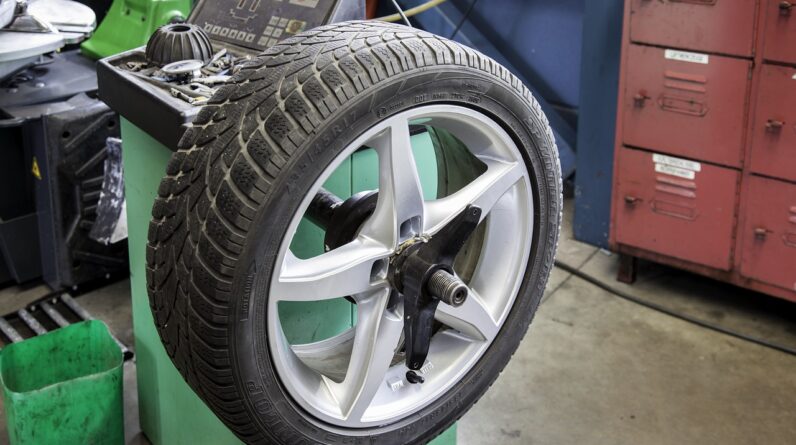
Unravel the complexities of car warranties in our essential guide. Learn about different types, coverage, exclusions, and tips to protect your vehicle investment.
Understanding Car Warranties: Essential Guide for Buyers” is our comprehensive resource designed to demystify the often confusing world of car warranties. We delve into the different types of warranties available, what each one covers, and the key terms and conditions we need to be aware of as car buyers. By breaking down these elements, we aim to equip ourselves with the knowledge necessary to make informed decisions and ensure our vehicle investments are well-protected. Together, let’s navigate the ins and outs of car warranties to drive away with confidence and peace of mind.
Have you ever found yourself confused about the various car warranties available when buying a new vehicle? We’ve all been there. Car warranties can seem like a labyrinth of terms and conditions, but understanding them is crucial for making an informed decision and ensuring peace of mind on the road. In this guide, we will break down everything you need to know about car warranties in a friendly and understandable way.

What is a Car Warranty?
A car warranty is essentially a promise from the manufacturer or dealer that they will cover the cost of specific repairs or services needed for your vehicle within a certain period or mileage. Think of it as a safety net that protects you from unexpected expenses that can arise from mechanical failures or other issues.
Types of Car Warranties
There are several types of car warranties available, each designed to cover different aspects and durations of your vehicle’s lifecycle. Let’s delve into the most common types to provide you with a clear understanding:
Manufacturer’s Warranty
Also known as the “factory warranty,” this is the most basic and commonly included warranty with a new car purchase. It typically covers a wide range of issues but has a set expiration based on time (usually 3 to 5 years) or mileage (often 36,000 to 60,000 miles), whichever comes first.
- Bumper-to-Bumper Warranty: Covers almost everything between the front and rear bumpers, excluding routine maintenance and wear-and-tear items.
- Powertrain Warranty: Covers the engine, transmission, and other essential parts that make the car move. This often lasts longer than the bumper-to-bumper warranty.
- Corrosion or Rust Warranty: Protects against rust-through or perforation over an extended period, sometimes up to 12 years.
Extended Warranty
An extended warranty kicks in after the manufacturer’s warranty expires. Provided either by the car manufacturer or a third-party company, it varies greatly in terms of coverage and cost. It acts like a prolonged safety net, ensuring that you’re not left uncovered after the initial period.
- Dealer Extended Warranty: Offered by the car dealer and typically matches the coverage of the original factory warranty.
- Third-Party Extended Warranty: Offered by external companies and can be customized to include various additional protections based on your needs.
Certified Pre-Owned (CPO) Warranty
When purchasing a certified pre-owned vehicle, it’s often backed by a warranty that combines aspects of both new and used car warranties. It gives added peace of mind by offering coverage that extends beyond the basic used car offerings.
Emissions Warranty
This is federally mandated and specifically covers issues related to your car’s emissions control system. The standard period for an emissions warranty is typically 2 years or 24,000 miles for most cars.
Specific Component Warranties
Some warranties are limited to particular parts or systems within your car. These might include warranties for:
- Hybrid Components: Cover batteries and hybrid system parts.
- Roadside Assistance: Cover services like towing and flat tire changes, often included in other warranty types.
- Maintenance Plans: Sometimes offered as part of a warranty package, covering oil changes, tire rotations, and other routine maintenance.
Coverage Scope and Exclusions
Let’s break down what is usually covered and what isn’t. Knowing this helps manage expectations and avoid unpleasant surprises down the line.
What’s Typically Covered?
- Mechanical Failures: Most car warranties cover unexpected breakdowns and mechanical issues not caused by the owner’s negligence.
- Electrical Components: Elements like the car’s computer system, sensors, and circuitry are usually included.
- Engine and Transmission: The heart and muscle of your vehicle often enjoy extensive coverage, especially under powertrain warranties.
- Drivetrain: Includes driveshaft, differentials, axles, and other critical components that make the car move.
- Safety Systems: Elements like airbags and seat belts are often included since they are vital for passenger safety.
- Air Conditioning and Heating: Ensures you stay comfortable regardless of the weather.
Common Exclusions
- Routine Maintenance: Oil changes, tire rotations, brake pads, and similar routine services are typically not covered.
- Wear-and-Tear Items: Items such as tires, brake pads, windshield wipers, and filters typically fall outside warranty coverage.
- Damage from Accidents: Any repairs necessitated by a collision or misuse are usually excluded.
- Cosmetic Damages: Dents, scratches, and other forms of aesthetic damage are not covered by most warranties.
- Modifications: Any damage caused by aftermarket parts or modifications will likely void your warranty in part or in full.
- Negligence: Damage resulting from lack of proper care or failure to adhere to maintenance guidelines is not covered.
Factors to Consider When Choosing a Warranty
Not all warranties are created equal. Here are some essential factors to consider when evaluating your options.
Coverage Duration
The time and mileage limits are vital parts of any warranty. Ensure you understand how long the coverage extends and what happens when you cross the mileage thresholds. Sometimes the simplest choice is to opt for the longest duration, but it’s essential to consider how long you plan to own the car.
Cost and Value
While it might be tempting to go for the most comprehensive warranty, balance the cost against the potential future savings. Calculate the likelihood of needing substantial repairs and weigh this against the warranty cost.
Service Locations
Ensure that the warranty provider has numerous service centers or authorized repair shops within your region. Having easy access to servicing can spare you considerable inconvenience.
Coverage Specifics
Check the fine print regarding which parts and systems are covered. Some warranties might have seemingly comprehensive services but leave out critical components or systems.
Transferability
If you ever plan to sell your vehicle, a transferable warranty can increase its resale value. Some warranties automatically transfer, while others may require a fee.
Reputation of the Warranty Provider
Research customer reviews and ratings. A good warranty company should have a solid track record of customer satisfaction and prompt service.
Benefits of a Car Warranty
Why should you consider having a car warranty? Here are some compelling reasons:
Financial Protection
With a warranty in place, you can avoid hefty repair bills that could otherwise put a significant dent in your wallet.
Peace of Mind
Knowing that mechanical issues are covered allows you to drive with more confidence and less worry about potential breakdowns or expensive repairs.
Improved Resale Value
A transferable warranty can make your vehicle more attractive to potential buyers, often allowing you to command a higher resale price.
Quality Repairs
Warranties often stipulate the use of original or factory-approved parts and skilled technicians, ensuring high-quality repairs.

How to File a Warranty Claim
When something goes wrong, knowing how to file a warranty claim efficiently can save both time and frustration.
Steps to File a Claim
- Review Your Warranty Terms: Understand the coverage and exclusions thoroughly before making a claim.
- Contact the Warrantor: This could be the dealership, manufacturer, or third-party company offering the warranty. Use the contact information provided in your warranty documents.
- Provide Necessary Documentation: This typically includes proof of ownership, service records, and a detailed account of the issue.
- Schedule an Inspection: The warrantor might require an inspection to assess the damage.
- Approval: Once approved, the repairs will be conducted according to the warranty terms.
- Payment: Depending on the warranty, some costs might be covered upfront, while others may require you to pay first and seek reimbursement.
Potential Challenges
- Claim Denial: Sometimes, claims might be denied due to misunderstandings about coverage or exclusions. Always review rejection reasons and appeal if necessary.
- Delays: Repair authorizations and inspections can take time, causing delays in getting your vehicle back on the road.
- Disputes: Occasionally, disputes arise regarding what is covered, particularly in the case of third-party warranties.
Maintenance and Warranty
Maintaining your vehicle is essential not just for its longevity but also for keeping your warranty valid.
Adherence to Maintenance Schedule
Follow the manufacturer’s recommended maintenance schedule religiously. Document all services performed to prove compliance.
Use Authorized Service Centers
Repairs and services should ideally be conducted at authorized service centers. Unauthorized service can void your warranty.
Careful Documentation
Keep thorough records of all services and repairs as well as receipts, as these will be necessary if you need to make a warranty claim.

Common Questions about Car Warranties
Should I Buy an Extended Warranty?
It depends on several factors, including how long you plan to keep the car, its reliability, and your comfort level with potential repair costs after the manufacturer’s warranty expires.
Are Warranties Negotiable?
While the terms of the original manufacturer’s warranty are not negotiable, extended warranties offered by dealerships sometimes are.
What Voids a Car Warranty?
Negligence, modifications, not adhering to the maintenance schedule, and having repairs performed by unauthorized mechanics can void your warranty.
Is it Better to Purchase a Warranty from the Manufacturer or a Third-Party?
Each has its pros and cons. Manufacturer warranties tend to be simpler to use but may be more expensive. Third-party warranties can offer more flexibility and cost options but require careful vetting to avoid fraudulent providers.
Conclusion
Understanding car warranties doesn’t have to be a daunting task. By breaking down the types, coverage, exclusions, and processes involved, we’ve turned what might seem like a complex topic into something more digestible. Car warranties provide significant benefits, offering financial protection, peace of mind, and improved resale value. By considering factors such as coverage duration, cost, service locations, coverage specifics, transferability, and the warrantor’s reputation, you can make an informed decision that best suits your car ownership needs.
So, next time you’re in the market for a new or used vehicle, you’ll be well-equipped to navigate the world of car warranties, ensuring you get the best protection for your investment. Happy driving!






